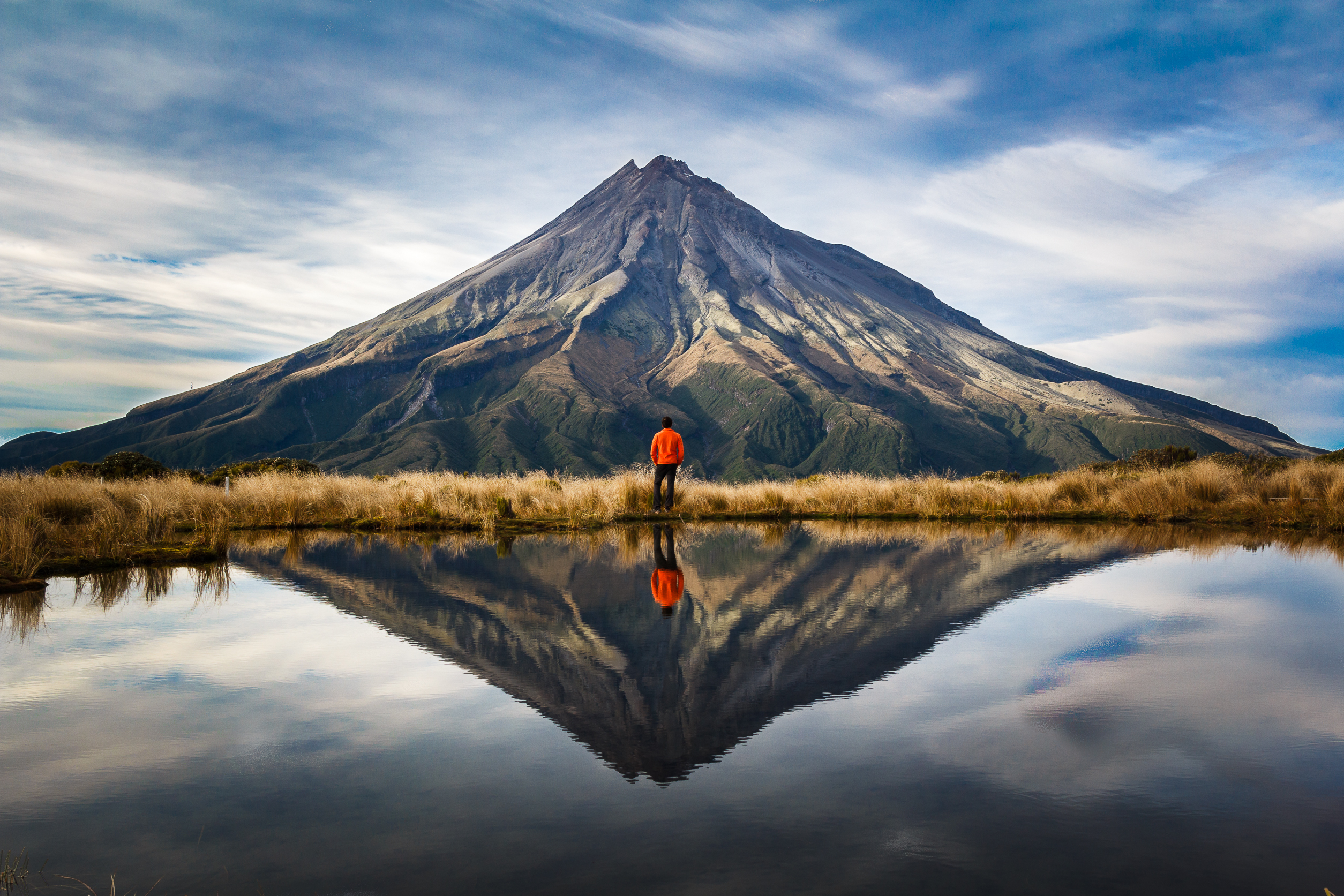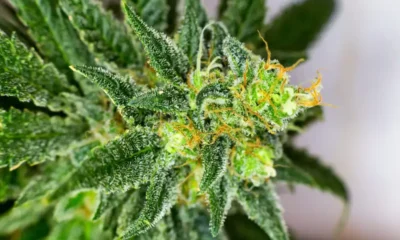Connect with us
Published
2 years agoon

It looks like New Zealand may be setting a progressive example for its big sibling, Australia: While medical cannabis is legal in both countries, the New Zealand Ministry of Health recently authorized the home cultivation of medical cannabis, according to a News Hub report.
The country, located just east of Australia in the southwestern Pacific Ocean, has had a medical cannabis program since 2017, though it was fairly limited in scope. One major limitation is that all of New Zealand’s approximately three dozen medical cannabis companies operate on an import/export model, generally coming from countries like Australia or Canada.
(While Australia does cultivate and manufacture cannabis products, it must be done under a license and permit granted under the Commonwealth licensing scheme for medicinal use. Currently, it is still illegal for medical cannabis patients in Australia to grow their own cannabis for medical use, even if it’s been prescribed by an authorized medical practitioner.)
Allowing patients to grow their own cannabis will likely lead to further growth for the country’s medical cannabis industry, and beyond, as domestic cultivation has proved to be crucial in shaping other markets around the globe. Ultimately, the change could also reduce medical cannabis costs by 50%. This, in turn, could result in a surge in prescriptions.
Helius Therapeutics CEO Carmen Doran told News Hub, “It’s something the whole industry has been working towards,” for about four years. NZ Medicinal Cannabis Council Executive Director Sall King echoed the sentiment, calling it a “really really big deal” for cannabis in the country and adding, “This is the first time we have genuinely home-grown product.”
Puro New Zealand Managing Director Tim Aldridge nodded to the fact that the journey hasn’t always been a smooth one.
“Navigating this new industry, coming to grips with the regulatory regime and growing a new crop at scale has been a massive undertaking,” Aldridge said.
With the shift, health officials have also approved New Zealand-grown products for prescription by any doctor in the country, which Alridge called one of the most significant milestones for the country’s medical cannabis industry yet.
“Up until now, New Zealand patients could only be prescribed medicinal cannabis grown overseas, with the vast majority being imported from Australia and Canada,” he said in a statement.
New Zealand came close to making the next step and venturing into recreational territory back in 2020 in a general election vote. The ballot measure required voters to approve not only the general principle of legalization but also the specific regulations that would build a legal market. Ultimately, voters rejected the referendum by just more than 2% of the vote (48.4% voted in favor of adult-use cannabis while 50.7% voted against it).
After the results were announced, proponents of the measure expressed their frustration with Prime Minister Jacinda Ardern. Ardern had declined to take a position on cannabis legalization before the election and only revealed after the fact that it was something she supported. While political experts suggested that, had she revealed her stance, she might have risked her own election campaign, advocates felt that the final result of the vote could have shifted if Ardern voiced her support.
Doctors have already seen the benefits cannabis-based products and CBD is providing to patients in the country, though folks like Dr. Waseem Alzaher, CEO at Cannabis Clinic, admitted that there are still additional gaps to fill in the realm of education, too.
“There are plenty of misconceptions in New Zealand about medicinal cannabis, I believe it’s a very misunderstood product, a very misunderstood medicine,” Dr. Alzaher said.
While the budding market still has some growing to do, the historic move for New Zealand’s medical cannabis industry is sure to propel the country’s medical cannabis industry into the future.


New York Cannabis Control Board Approves 101 New Adult-Use Licenses


Killer Pharmacist Who Diluted Life-Saving Drugs To Be Freed From Prison


Doctors Join Call To Regulate Intoxicating Hemp Cannabinoids


Is Your Tesla Self-Driving Car Narcing You Out?


Psychedelics Offer Long-Term Improvement in Sexual Functioning, Enjoyment


March Marks New High for Cannabis Sales in Michigan
